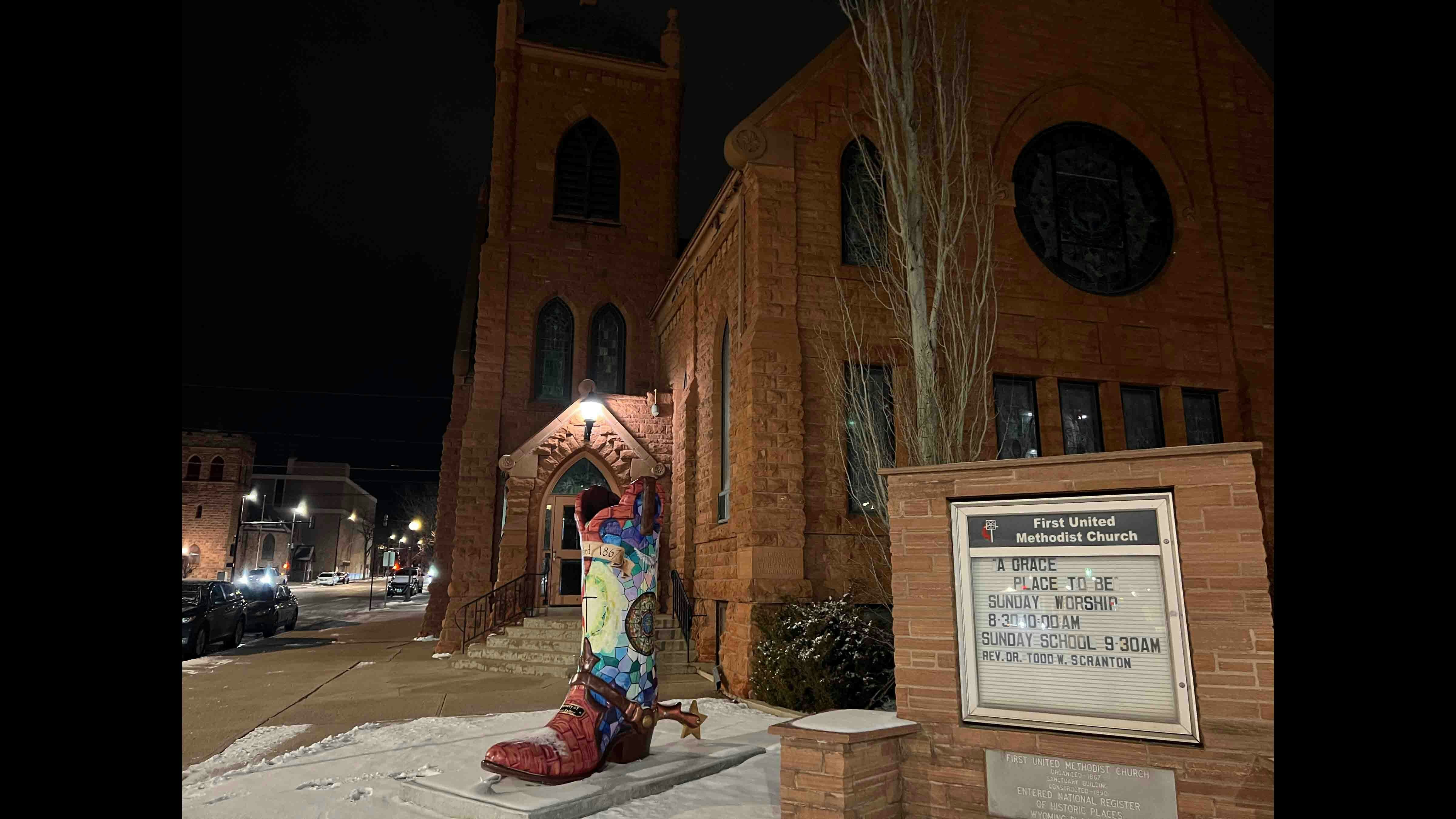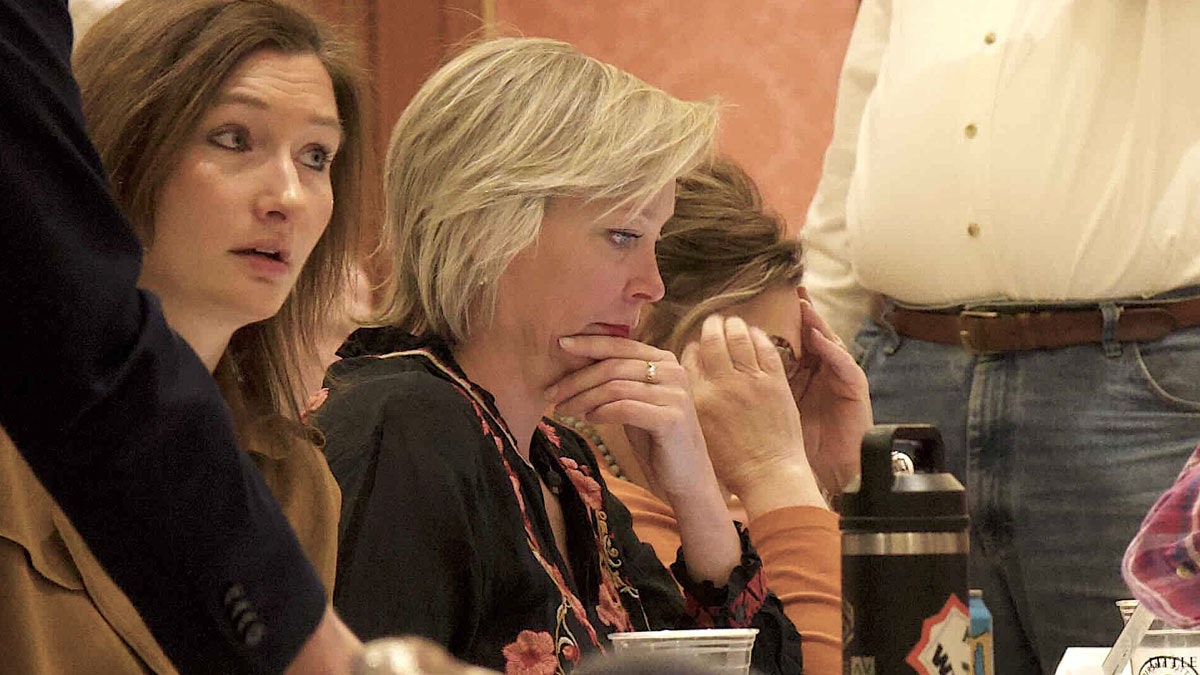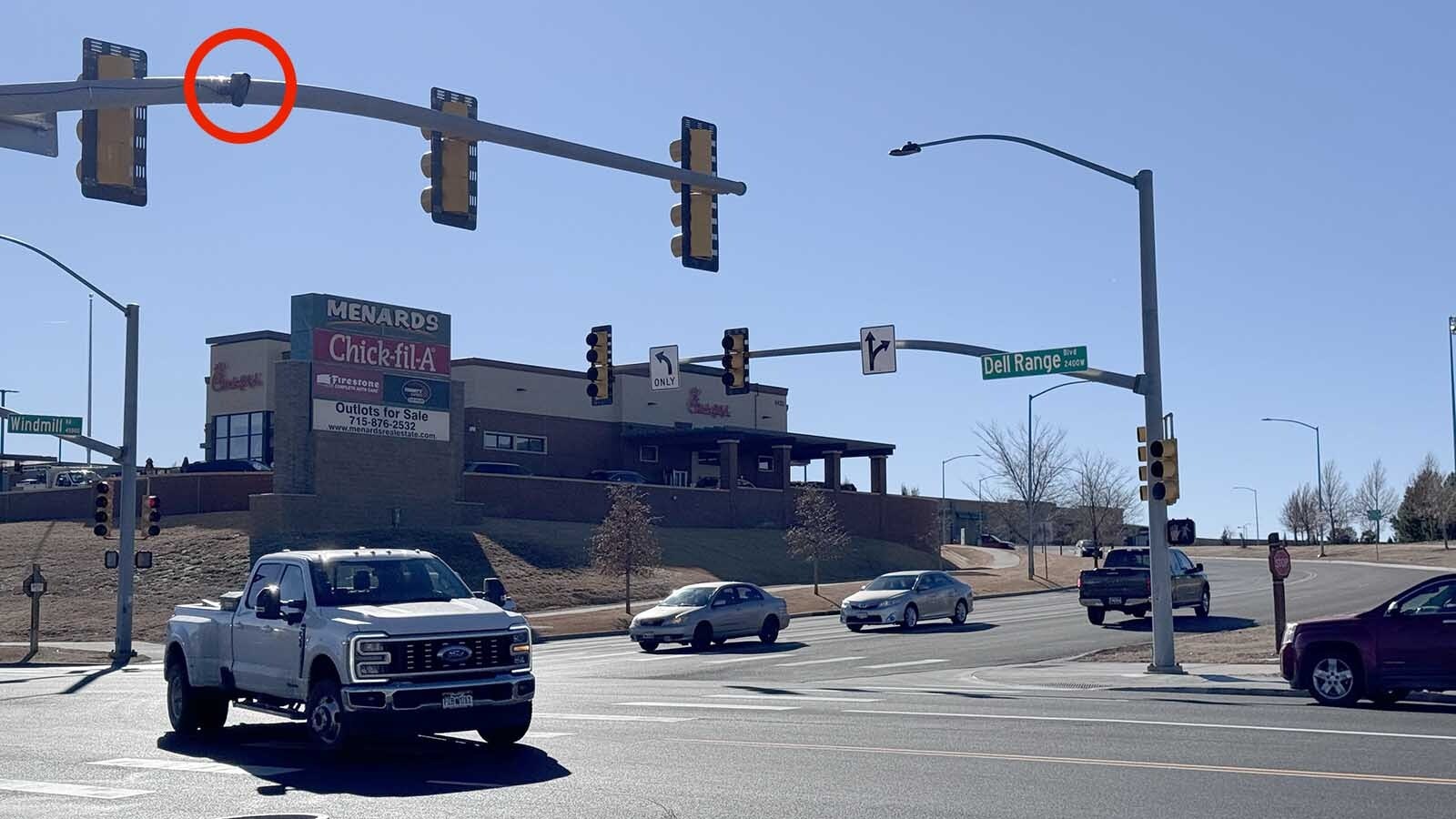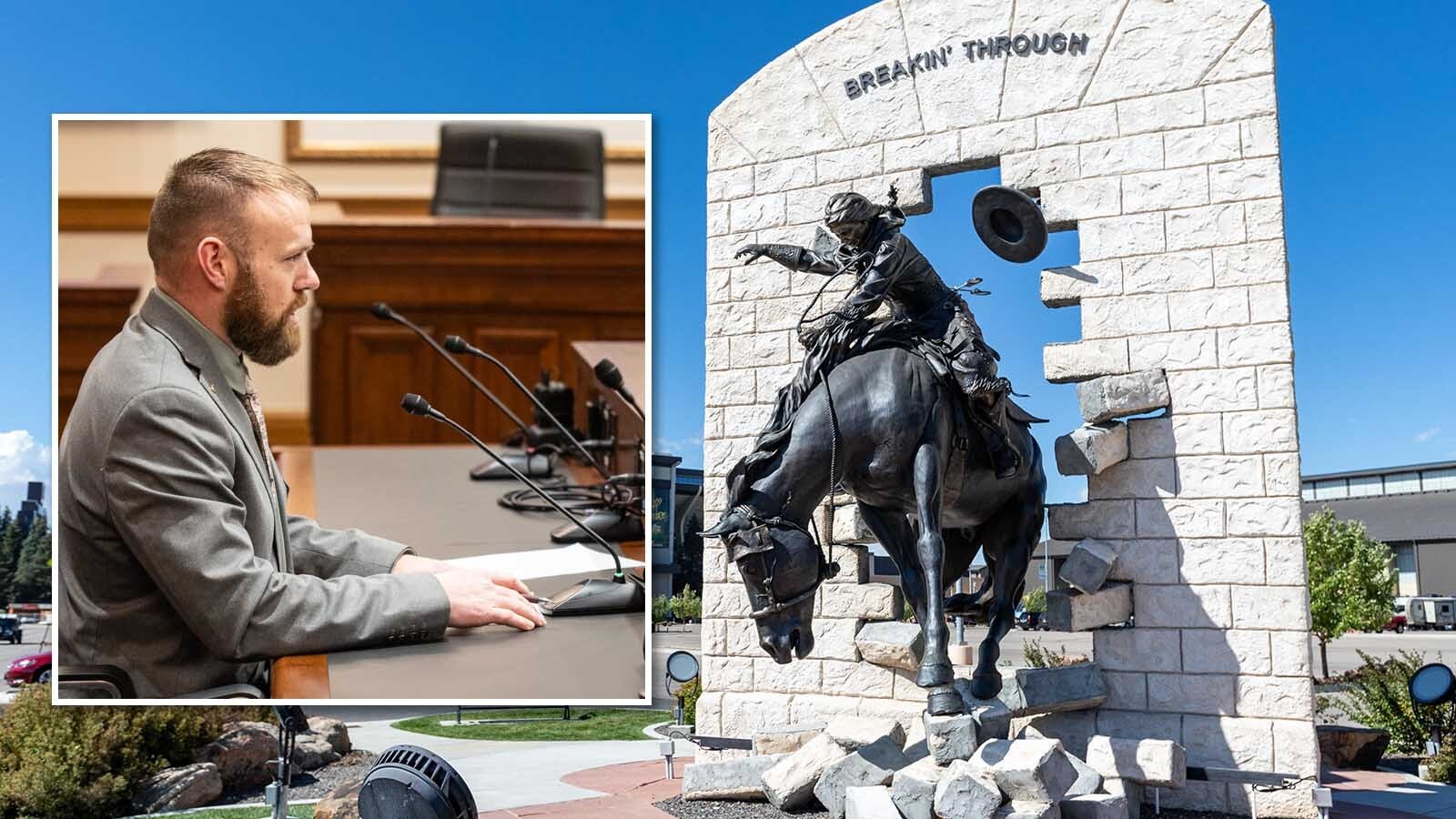To a technology-wary Amish community in Minnesota, not having to build a septic system is a religious right.
And for Indigenous faith devotees in San Antonio, saving their own version of the Garden of Eden from a city bulldozer is, according to them, also a religious right.
Both cases are ongoing. They sketch a bigger picture than most religious-rights diehards let on: even faith exercises on the fringe of mainstream are safeguarded in this country.
The attorney arguing on behalf both sets of plaintiffs is coming from Texas to Cheyenne, Wyoming, on Tuesday to discuss the legacy of religious-rights litigation at a conference for anyone – not just for lawyers. The free event begins at 5:30 Tuesday evening at the Laramie County Community College in Cheyenne.
“We live in the most religiously diverse country in the history of humanity and the world,” Steve Collis told Cowboy State Daily on Saturday ahead of the event. “To live alongside each other in peace, having a better understanding of how we achieve that and continue to achieve that is crucial.”
Collis said he defines religious diversity as a vast quantity of unique religions – both new and old. While the Pew Research Center actually ranks Singapore as most religiously diverse country because it has a more-even split among the eight major world religions, the United States has a wider array of unique faiths, Collis said.
Collis is a clinical law professor and Law and Religion Clinic director at the University of Texas at Austin law school. He helps his law students litigate cases – especially on behalf of people who can’t afford private attorneys. Before that he fought religious-rights cases through a private practice in Denver.
He’s scheduled to be the keynote speaker at Tuesday’s event, standing in for previously-scheduled Hannah Smith, the leading U.S. Supreme Court religious liberty advocate.
Joining Collis are four panelists with differing approaches to the issue. Those are:
- Wyoming Superintendent of Public Instruction Megan Degenfelder
- Wyoming Sen. Affie Ellis, R-Cheyenne, who works in American Indian law
- Nathan Winters, President of the Protestant-minded Wyoming Family Alliance group
- Deacon Mike Leman, who lobbies on behalf of the Catholic Diocese of Cheyenne
The four are slated to have a panel discussion moderated by event organizer and host, Matt Micheli, a longtime Wyoming attorney and partner at Holland and Hart, the largest law firm in the Rocky Mountain region.
Some Different Angles
Micheli told Cowboy State Daily he’s organizing the conference to start a conversation.
“Religious liberty is such a foundational principle for our country,” said Micheli. “People coming to have the freedom to worship as they please – to have freedom of conscience – is such an important element of who we are as a country.”
He said he chose his four panelists to get a cross-section of different backgrounds, and areas where religious law comes into focus.
He expects Degenfelder to discuss religious liberty in schools, Ellis to share from her experiences fighting for Indigenous faith rights, Leman to discuss policy and law from the Catholic viewpoint, and Winters to share his thoughts as a lobbyist and also as a former state legislator.
Blind Spot
People are adamant about their religious rights. Even when they don’t understand them.
For example, courts try to safeguard religious freedoms even-handedly for everyone, only letting the government win in showdowns where its restrictions represent a compelling interest, and are applied in the least restrictive way possible.
The Indigenous faith observer, the Hindu, the Amish with a unique plan for his sewage, don’t always factor in to the average American’s thinking. Sometimes governmental entities and even judges will discount them, Collis said.
“We call it the puritan mistake,” he said. “The puritans came to this continent for religious freedom. But what they were interested in was religious freedom for themselves.”
And yet, the U.S. Constitution and Bill of Rights’ framers implemented a system promising religious freedom to all.
“It’s one of the reasons we need religious liberty law. It cuts across the ideological spectrum,” said Collis.
It’s Your Prison Until…
Another blind spot Collis said he’s encountered in these cases is the simple stubbornness of smaller government factions, like municipalities and prisons.
Religious freedom counsel, buoyed by an amicus brief Collis co-authored, won a U.S. Supreme Court case in 2022, in which the state of Texas had denied death row inmate John Henry Ramirez’s requests to have his longtime pastor lay a prayerful hand on him at the moment of his execution.
Ramirez had murdered a convenience store clerk by stabbing him 29 times, 18 years earlier.
The high court ruled that Texas couldn’t deny Ramirez’s request, because the state’s restriction wasn’t the least-restrictive way to advance its interests.
When Texas executed Ramirez by lethal injection in October of 2022, his pastor Dana Moore placed his right hand on Ramirez’s chest, and prayed.
Collis said the hard-fought case is a reminder that a warden can run a prison as he must – until it conflicts with someone’s rights.
“And then you can’t,” he said.
Serendipity
Collis wasn’t committed to any breed of law until 2008 when, by a gift of Time, his path through law school at the University of Michigan crossed with that of world-renowned religious law expert Douglas Laycock.
Laycock was only at the University of Michigan Law School for three years until moving on, Collis said, but it was just enough time to ignite his career’s passion.
“I couldn’t get enough of it,” said Collis. “I loved the writing, the teaching, the exploring.”
Also, he added, the study opened his eyes to a reality of religious liberty: “Most people just take it for granted.”
Clair McFarland can be reached at clair@cowboystatedaily.com.





